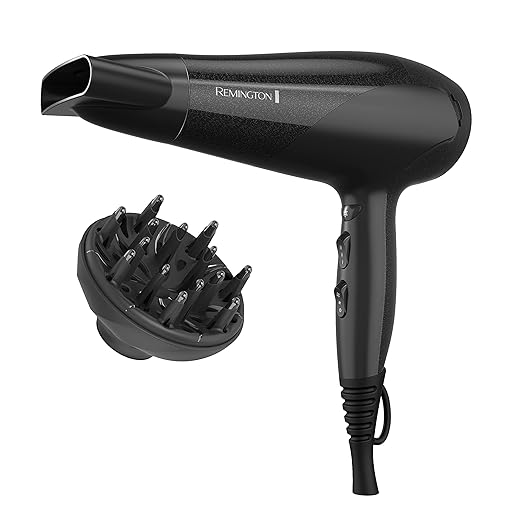









Understanding Cold Air Dryers: The Ultimate Guide
When it comes to drying air, have you ever wondered how cold air dryers work? These ingenious devices are not just your average blowers; they operate on principles that can turn humid air into a refreshing stream of dry air. Whether you’re a homeowner looking to improve indoor air quality or a business owner wanting to enhance productivity, understanding cold air dryers can make a significant difference.
What is a Cold Air Dryer?
A cold air dryer is a device that removes moisture from the air using a refrigeration process. Unlike traditional heaters that blow hot air, cold air dryers chill the air, causing moisture to condense and separate from the air stream. Imagine a glass of cold water on a hot day; condensation forms on the outside because the cold surface cools the air around it. Similarly, cold air dryers create a low-temperature environment that captures excess humidity, leaving you with crisp, dry air.
How Do Cold Air Dryers Work?
Curious about the mechanics? Let’s break it down. Cold air dryers typically consist of three main components: a compressor, a condenser, and an evaporator.
1. **Compressor**: This is the heart of the system. It compresses refrigerant gas, raising its pressure and temperature.
2. **Condenser**: Here, the gas travels through coils where it releases heat and transforms into a liquid.
3. **Evaporator**: The liquid refrigerant then passes through an expansion valve into the evaporator, where it absorbs heat from the surrounding air, cooling it down. As the air cools, moisture condenses and is drained away, leaving you with dry air.
Isn’t it fascinating how this cycle mimics the natural process of dew forming on grass in the early morning?
Benefits of Using a Cold Air Dryer
So, why should you consider investing in a cold air dryer? Here are some compelling reasons:
– **Improved Air Quality**: By removing excess moisture, these dryers help prevent mold and mildew growth, ensuring a healthier living environment.
– **Enhanced Equipment Longevity**: In industrial settings, moisture can cause equipment damage. A cold air dryer protects machinery and extends its lifespan.
– **Energy Efficiency**: Compared to traditional drying methods, cold air dryers can be more energy-efficient, saving you money on utility bills over time.
Applications of Cold Air Dryers
You might be surprised to learn about the versatility of cold air dryers. They are used in various settings:
– **Residential**: Homeowners use them to combat humidity, particularly in basements and laundry rooms.
– **Industrial**: Factories and manufacturing plants rely on cold air dryers to protect sensitive equipment and maintain optimal working conditions.
– **Food Processing**: In the food industry, maintaining low humidity levels is crucial for preserving products and preventing spoilage.
Imagine a bakery: without proper air drying systems, the humidity could ruin dough consistency and affect the final product.
Choosing the Right Cold Air Dryer
With so many options available, selecting the perfect cold air dryer can be overwhelming. Here are a few factors to consider:
– **Size and Capacity**: Assess the area you need to dry. Larger spaces may require more powerful units.
– **Energy Efficiency Rating**: Look for models with high efficiency ratings to save on energy costs.
– **Maintenance Requirements**: Some units require more upkeep than others. Consider your willingness to perform regular maintenance.
Think of it like buying a car: the right one fits your lifestyle and meets your specific needs.
Conclusion
Cold air dryers are not just machines; they are crucial tools for improving air quality and extending the life of your equipment. By understanding how they work and their various applications, you can make informed decisions whether you’re a homeowner or a business owner. So, the next time you feel that sticky humidity creeping in, remember the wonders of cold air dryers and how they can turn that discomfort into a breath of fresh air.
FAQs
1. How often should I maintain my cold air dryer?
Regular maintenance is key. Aim for at least bi-annual checks, but monthly cleaning of filters is recommended for optimal performance.
2. Can cold air dryers be used outdoors?
While some models are designed for outdoor use, most are intended for indoor environments. Always check the manufacturer’s specifications.
3. Are cold air dryers noisy?
Noise levels vary by model. Look for units specifically labeled as “quiet” or “low-noise” if this is a concern for you.
